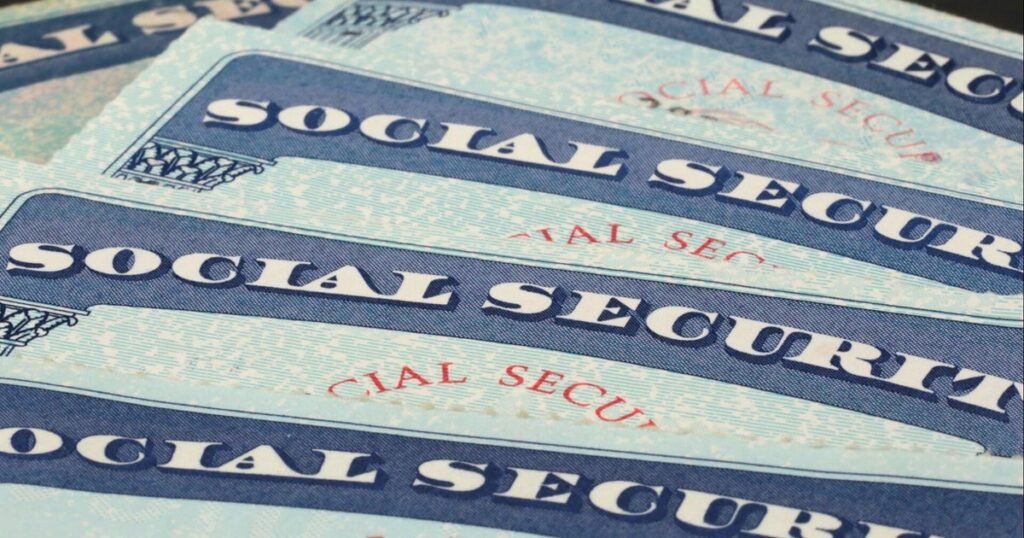Republican-backed legislation now winding its way through the House includes a number of tax breaks promised by President Trump during the campaign, such as eliminating taxes on worker tips and overtime pay, as well as sharply lowering lowering rates on corporations. One tax break that isn’t in the bill: Mr. Trump’s suggestion last year that seniors shouldn’t have to pay income taxes on Social Security benefits.
“Seniors should not pay taxes on Social Security and they won’t,” Mr. Trump said while during an August campaign rally in Harrisburg, Pennsylvania.
A provision to eliminate taxes on Social Security isn’t included in the bill approved by the House Ways and Means Committee on Wednesday. If the measure passes the House, it would then move to the Senate. The bill would make Mr. Trump’s 2017 tax cuts permanent while also adding a host of other temporary reductions.
The reason for the Social Security exclusion boils down to a prohibition on making changes to the retirement program through the so-called reconciliation process, a legislative procedure Republicans are relying on to pass the bill, said Maria Freese, the senior legislative representative at the The National Committee to Preserve Social Security and Medicare. That process represents a fast-track option that obviates the 60-vote threshold typically required to advance a bill in the Senate, she said.
Trying to change the Social Security program through reconciliation would have violated what is known as the Byrd rule, a rule (named after late West Virginia Sen. Robert Byrd) that limits what can be included in reconciliation bills, she explained.
Instead of eliminating taxes on Social Security benefits, the House bill includes a new tax break for senior citizens: an extra $4,000 deduction for filers who are 65 and older.
Called an “enhanced deduction for seniors,” it would be available to people who both itemize and those who take the standard deduction. That could help lower taxes for the roughly 56 million people in the U.S. who are 65 or older.
Currently, about 40% of Social Security recipients — or about 27 million people — pay federal income taxes on their benefits, according to the Social Security Administration.
“I’m sure there are a lot of seniors who would be quite disappointed they will continue to pay taxes” on their benefits, Freese said.
Social Security’s fiscal outlook
Social Security benefits were excluded from income taxes until 1984, when changes signed into law by President Ronald Reagan introduced taxes on Social Security income above a certain threshold.
Because that threshold wasn’t indexed to inflation, the number of older Americans who are required to pay income taxes on their benefits has steadily risen. The share of seniors who pay taxes on their benefits is now 40%, up from was 26% in 1998, according to the Congressional Budget Office.
Those taxes directly support the Social Security and Medicare programs, providing about $50 billion in annual revenue, according to the latest annual report from Social Security’s board of trustees.
Meanwhile, eliminating taxes on Social Security benefits would hurt the long-term outlook of both the retirement program and of Medicare, the health insurance program for people 65 and older, according the Peter G. Peterson Institute, a think tank focusing on fiscal policy.
Without that source of revenue, the trust fund for Social Security would be depleted in 2032, one year earlier than currently projected, while Medicare’s trust fund would be depleted in 2030, six years earlier than forecast now, the group added.
The result would be “automatic cuts for millions of beneficiaries,” the institute noted.
Scrapping taxes on Social Security might sound appealing to many senior citizens in the near-term, but over the long term that would weaken the stability of the program, Freese said.
“We viewed it as a bait and switch,” she said. “You give some seniors a benefit upfront, but don’t tell them that all seniors would run the risk of across-the-board cuts sooner than they would under current law.”

